"Over the years, we have observed an accelerating trend in which globalist, progressive political forces are exerting increasing unofficial influence on a growing number of international organizations. This is evident in the United Nations and in international courts, which are among key targets for so-called 'sensitivity training' initiatives by activist NGOs," Szikra explained.
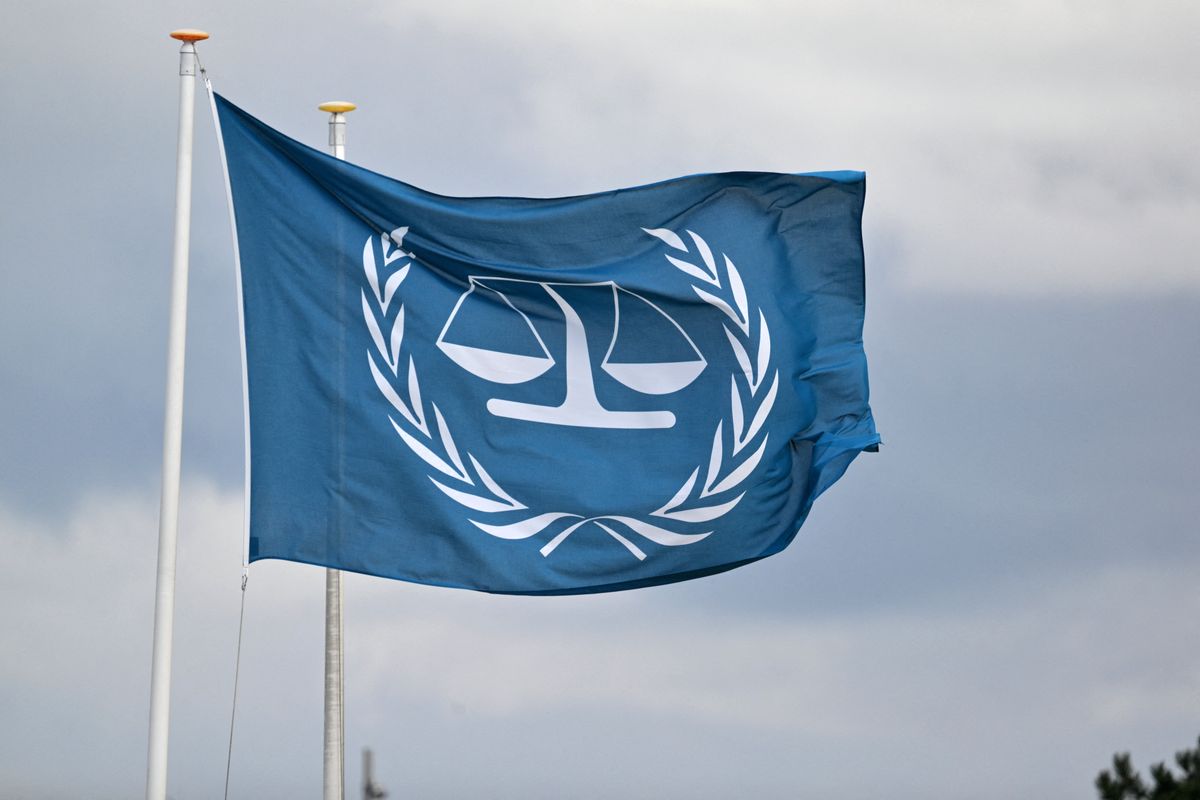
It is clear that instead of applying international law consistently and basing rulings on evidence, the ICC operates according to a political agenda. However, the fundamental characteristic of any legitimate court is unbiased, impartial decision-making. If this standard is not met, then the very essence of the institution as a court is seriously undermined,
Szikra stressed.
The ICC has faced widespread criticism since its inception, and its limited acceptance is evidenced by the fact that three major powers—the United States, China, and Russia— never joined the court, the analyst noted.
The main criticism of the ICC is its political bias, as demonstrated by its arrest warrant for Israeli Prime Minister Benjamin Netanyahu, as well as a similar warrant issued for Russian President Vladimir Putin. These are politically motivated rulings that actually hinder peace efforts rather than supporting them. But the Court has also been criticized for inefficiency and slow judicial processes, however, these issues pale in comparison to the problem of bias,
Szikra added.
Leaders like Putin and Netanyahu, despite having different roles in the ongoing armed conflicts—Putin as an aggressor, and Netanyahu defending against Hamas attacks, both hold key positions in the respective potential peace negotiations, Szikra explained. "By subjecting them to legal proceedings instead of engaging in diplomacy, the ICC is causing more harm than good, even if the charges against them have some basis."
The most important priority is to preserve human life. Only after achieving peace or at least a stable ceasefire should all other legal matters be addressed,
the senior analyst at the Center for Fundamental Rights concluded.
Cover Photo: International Criminal Court (ICC) Headquarters in The Hague (Photo: AFP).
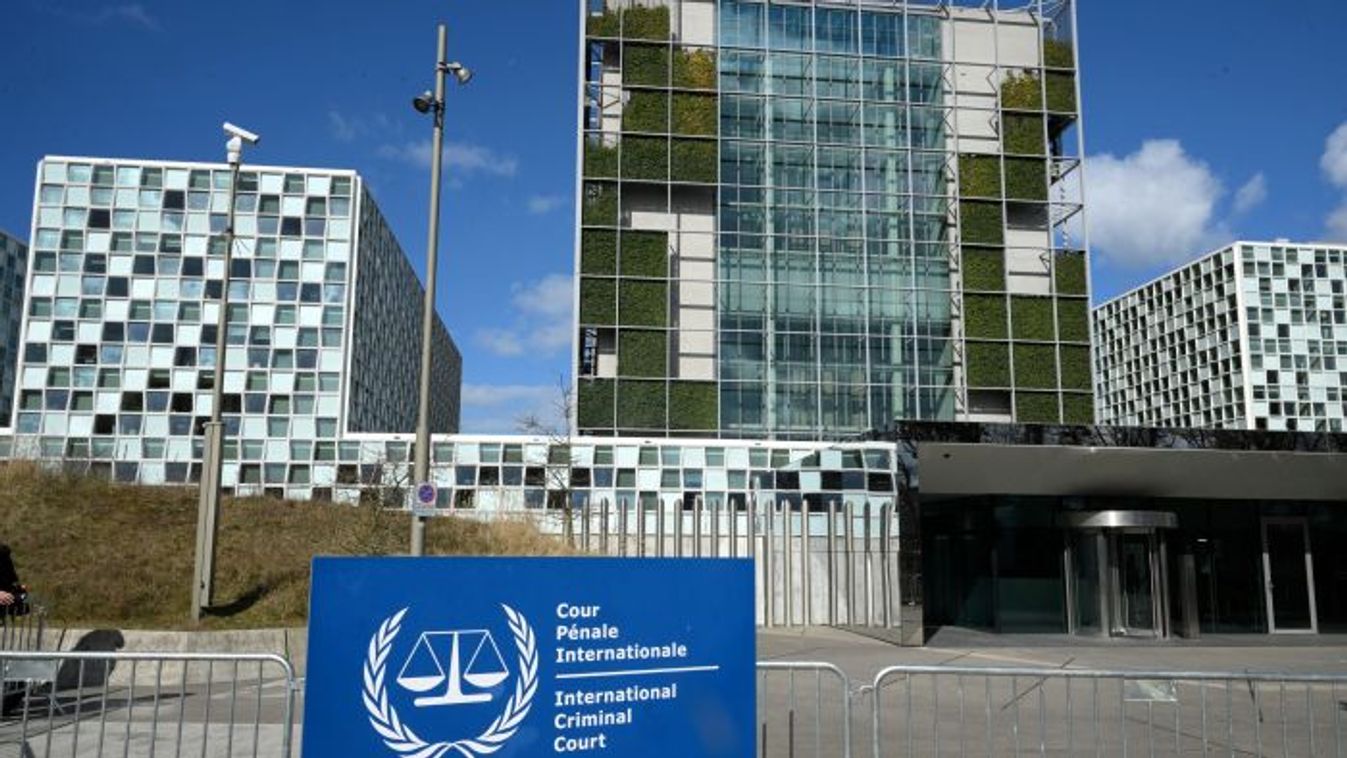

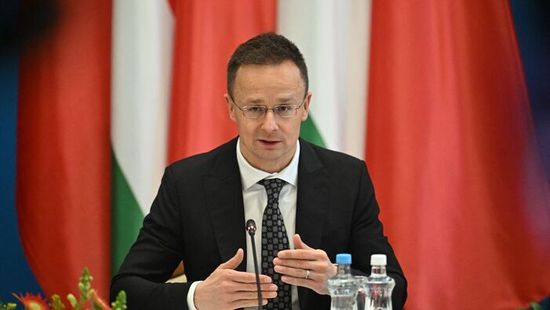
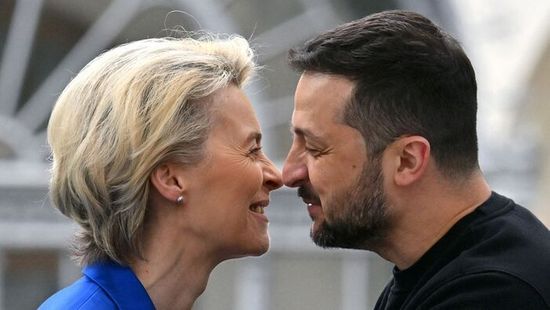
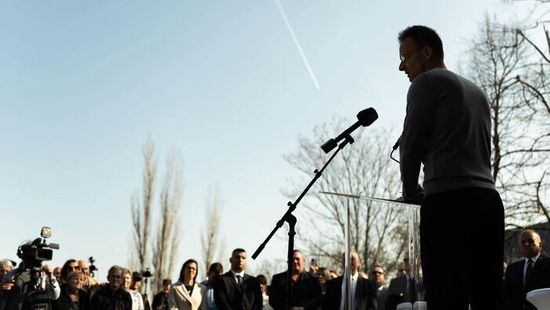

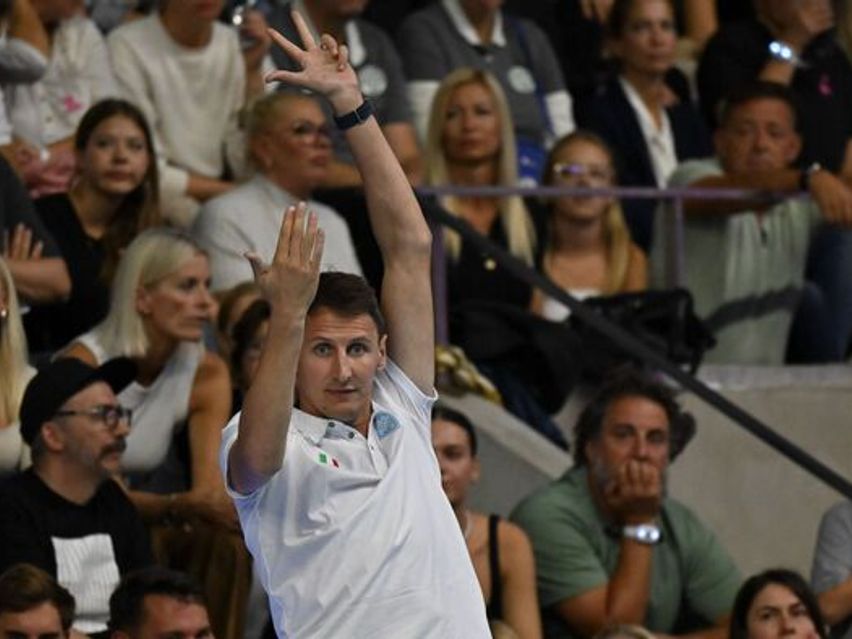





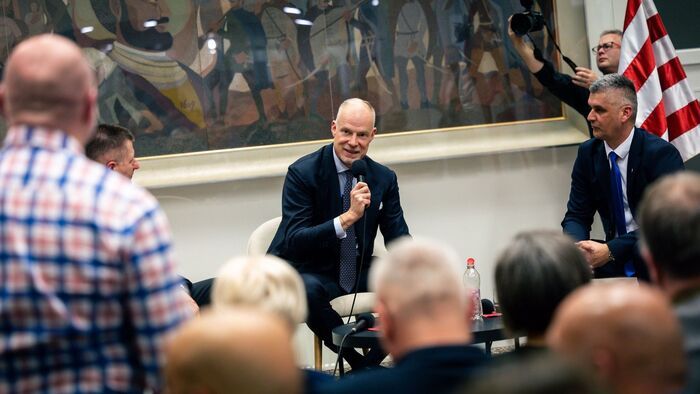

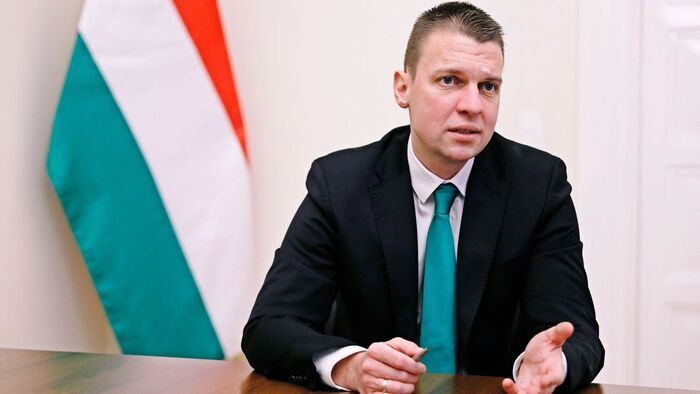
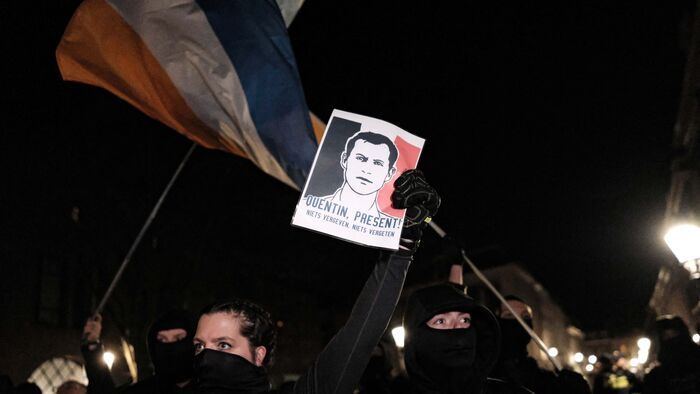
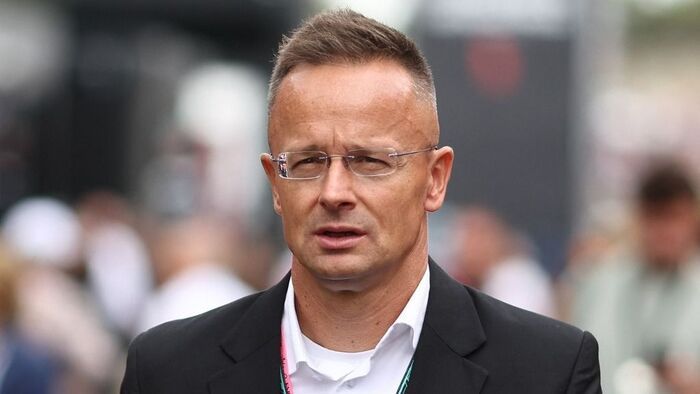
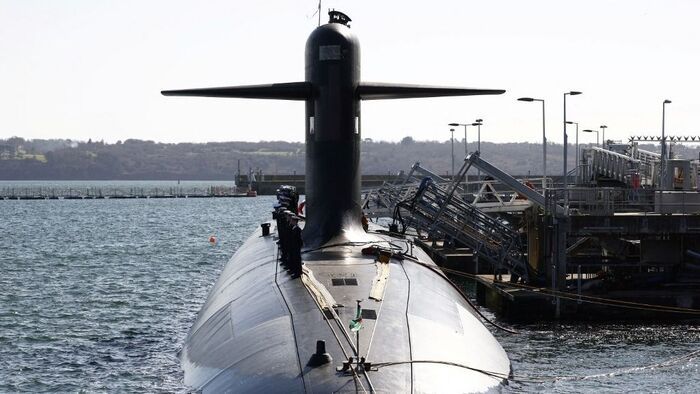


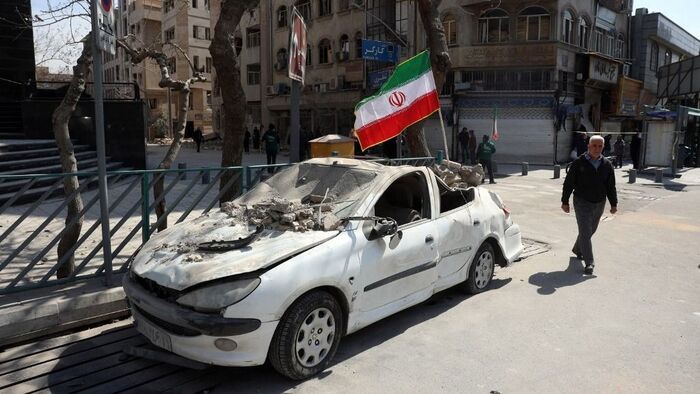


Szóljon hozzá!
Jelenleg csak a hozzászólások egy kis részét látja. Hozzászóláshoz és a további kommentek megtekintéséhez lépjen be, vagy regisztráljon!